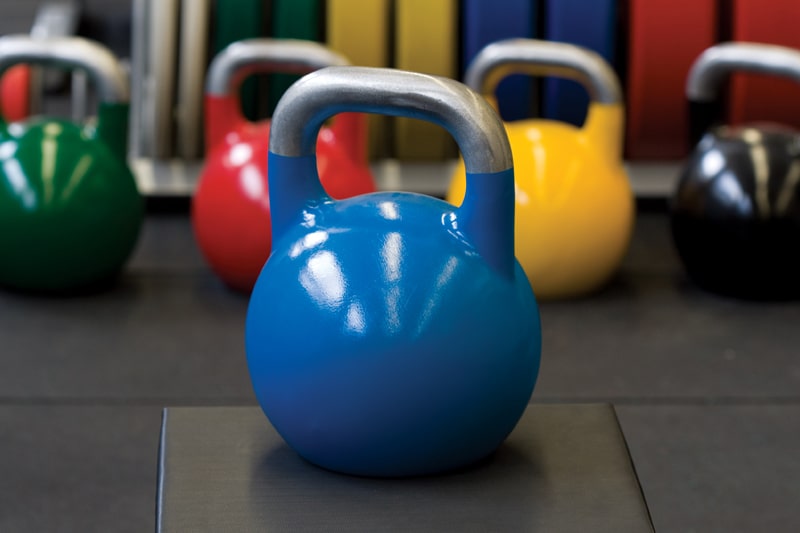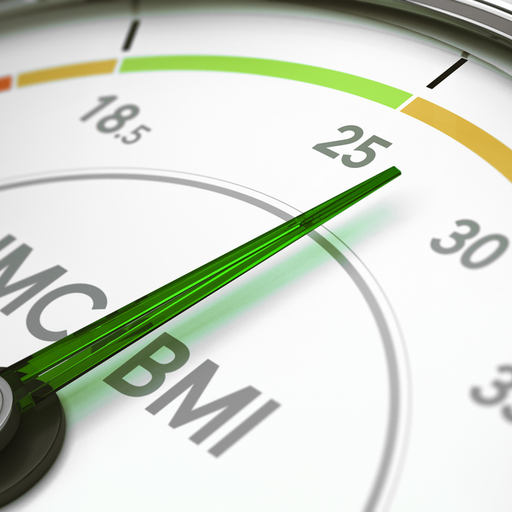Fitness trackers are all the rage these days. From students to corporate heads, it’s not uncommon to see the signature silicone band on a wrist. It is important to understand though that simply strapping on a fitness tracker won’t help you achieve that ‘Get Fit’ resolution you made 11 months ago. But all is not lost. Understanding the features and benefits of the product plays a big part in getting the most out of the device and can give you a major motivational boost on your fitness journey.
Although the technology in most fitness trackers is quite sound, here are a few lesser known things about your fitness tracker that’ll make sure you don’t stray from your goal: Take a look:-
![]()
1. Always Leave a Margin of Error for Steps Taken
Most fitness trackers are inconsistent with the actual number of steps that you’ve taken through the day. Wrist movements when seated at your desk, at home or in a car are just a couple of things that lead to the inaccuracies in the step count. This in turn can obviously lead to an inaccuracy in other readings as well. Seeing as our fitness trackers are so keen on over-estimating our success, it’s always best to leave 10-15% room to account for the error.
2. Calorie Burn Estimates are Best Entered Manually
Recent studies show that the calorie-burn estimated by one of the leading fitness tracking bands was off by a whopping 23%. This happens because the heart rate monitor in your fitness tracker calculates any movement and estimates the calorie burn accordingly. However since it doesn’t capture radial pulse, it may not be able to tell the difference during intense exercise when the wrist moves a lot. Now although we might be elated by our ‘success’ on the calorie burn estimate, it’s up to us to stay true and enter the estimate manually to stay the course.
3. Don’t Forget the Importance of a Good Night’s Sleep
A lot of the fitness trackers now-a-days come equipped with an in-built sleep tracker. The average human body needs 8 hours sleep to restore and rejuvenate the muscles and vital organs like the heart and lungs. By monitoring the decrease in your heart rate and breathing patterns, a good fitness tracker can inform you if you meet or fall short of the sleep you need. So don’t just count steps; tracking your sleep also proves to be extremely useful when it comes lowering stress and even betters your eating habits.
![]()
4. It also tells you the time… Obviously!
That was fairly obvious, but it had to be said. Fitness trackers today have upped their game; they come equipped with a variety of functions from syncing the playlist from your phone or storing music on built-in memory for playback through wireless earphones to receiving notifications from messaging apps or intimating you about that meeting that’s coming up. So whether it’s setting an alarm or tracking your workout, be sure to explore all the features your fitness tracker has to offer.
5. A Few More Things to Keep in Mind…
Many fitness companies advertise that it’s best to buddy-up on your fitness mission for some healthy competition. Apparently, it helps increase your step count by 1000 steps a day; that’s not entirely true as this mostly works in favour of the one who’s winning.
The score you achieve on a daily basis is a good motivator as is. It gives you a defined number to beat each day and encourages you to push yourself further.





 1800-270-7000
1800-270-7000







Hey, this is fantastic article.
Your information is cooperative more then other article. Keep writing.